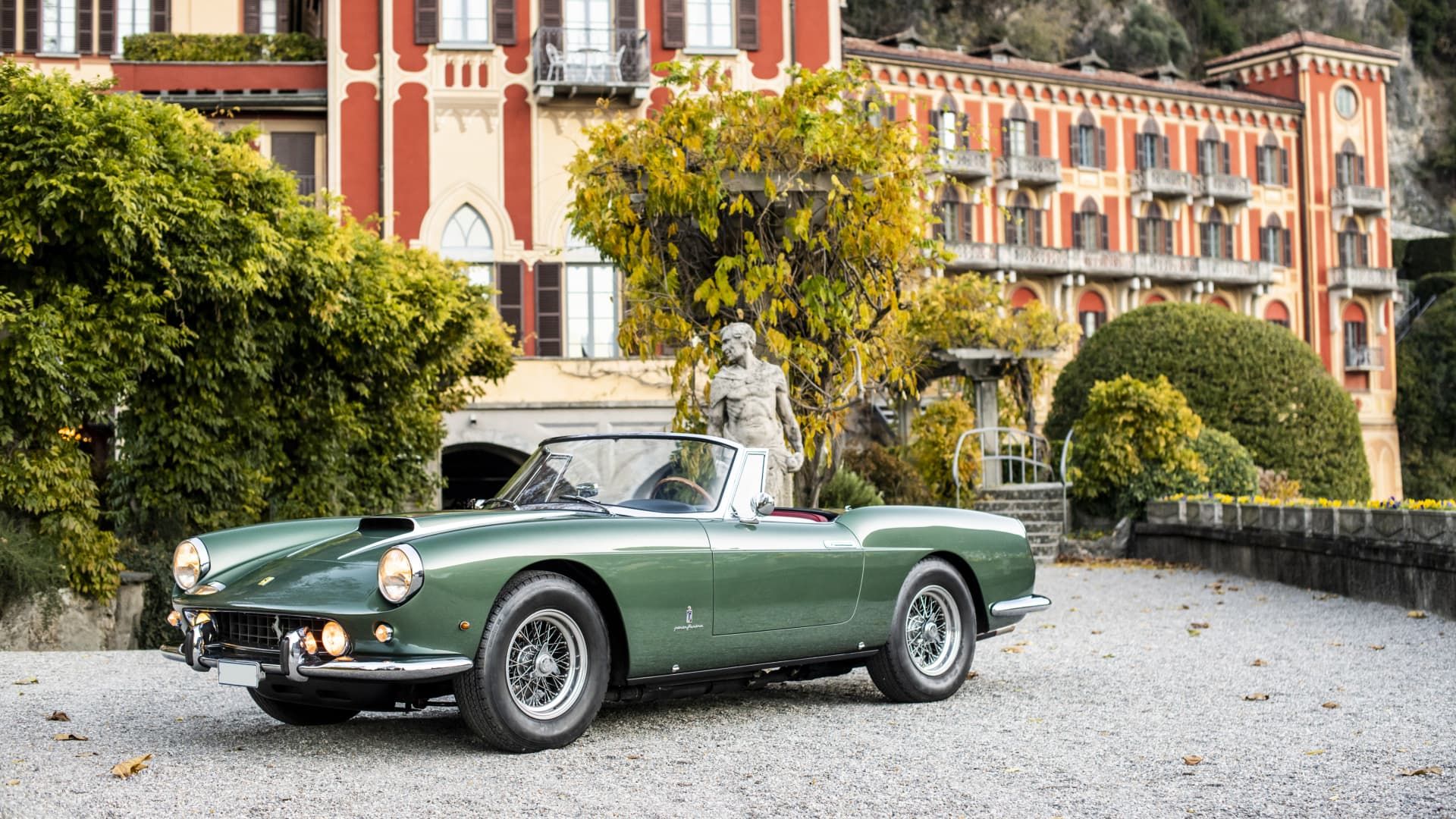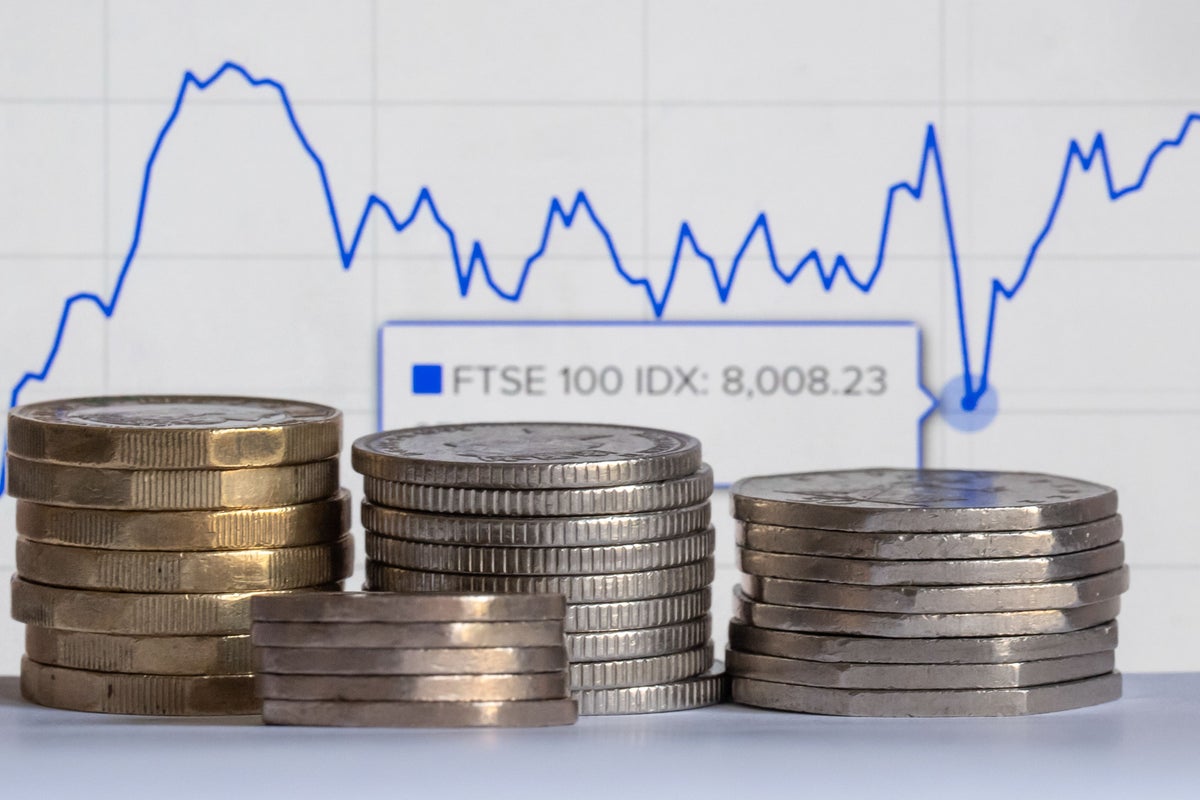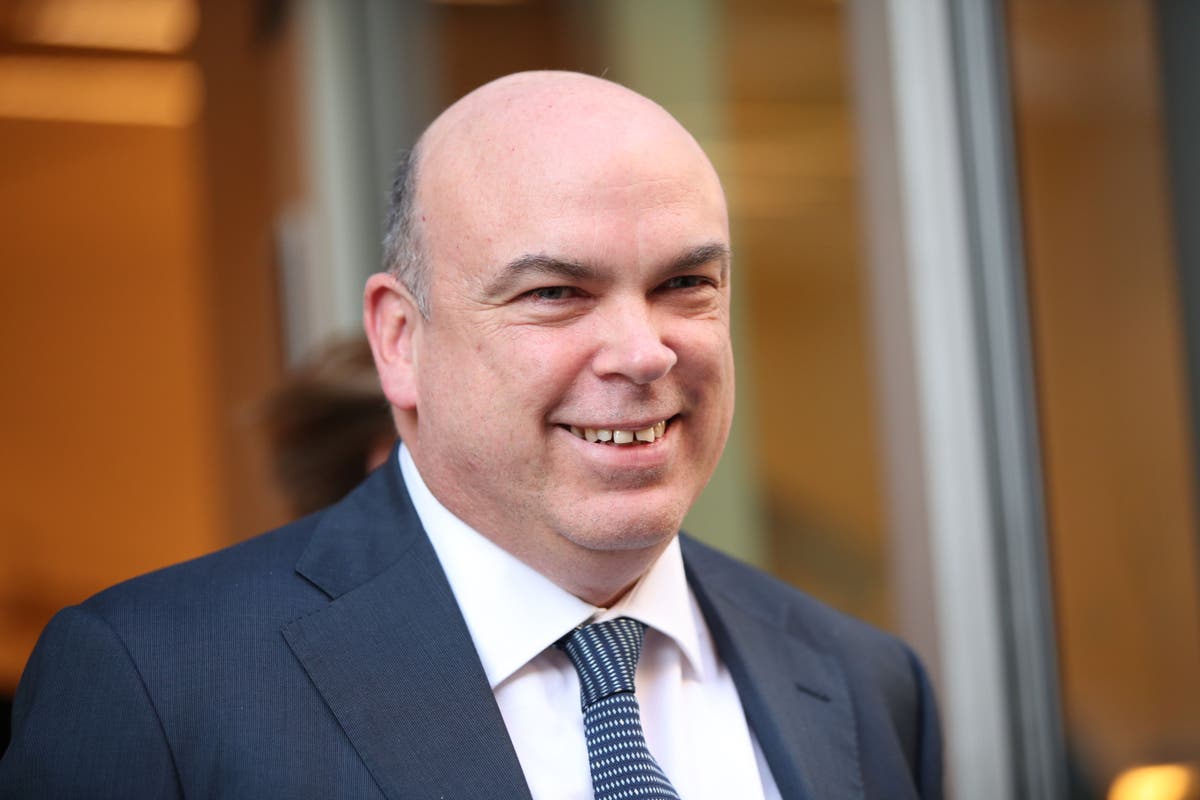A version of this article first appeared in CNBC's Inside Wealth newsletter with Robert Frank, a weekly guide for high-net-worth investors and consumers. Register to receive future issues, directly to your inbox.
The rich have taken “quiet wealth” to a new level, resorting to private purchases of mansions, art and classic cars designed to blend in, experts say.
Auction companies and luxury real estate brokers say wealthy buyers and sellers are increasingly turning to private sales and off-market listings to avoid social media and prying eyes. While sales at public auctions are declining in the art world, private sales (held behind closed doors between discreet buyers and sellers) are growing.
Last year, while combined public auction sales at Sotheby's, Christie's and Phillips fell 19%, private sales rose 4% at Sotheby's and 5% at Christie's, totaling $2.4 billion between the two auction houses. . CNBC reported in February that Christie's had sold a Mark Rothko painting for more than $100 million to hedge fund billionaire Ken Griffin, even as public auctions continued to decline.
Classic cars are also experiencing a shift towards private sales, especially the more expensive and rare models. RM Sotheby's, the classic car auction company, has sold Ferraris, Porsches and other trophy cars at public auctions for more than 30 years. But its newly formed RM Sotheby's private sales division has seen its sales more than quadruple in the past four years, according to Shelby Myers, global head of private sales at RM Sotheby's.
Private sales, where cars are negotiated discreetly between buyer and seller without auction or public price, now account for nearly a third of revenue, he said.
“We've definitely seen a trend where people want to transact privately,” Myers said. “Discretion is key nowadays. People can buy without everyone looking at them.”
The rise of private sales of classic cars, art, real estate and other markets is being fueled by social media, technology and falling prices for collectibles. When a work of art or a classic car goes up for auction, the results, and sometimes the seller, are very public and spread on social media and blogs.
Collectibles experts say sellers don't want to risk putting a prized item up for auction only to have it publicly stumble at auction.
“It's very public now that someone loses money on a sale and no one wants that,” Myers said. “Until a few years ago, you could buy a car at auction and the prices didn't appear on social media.”
Collectors who like to show off their cars at events and awards shows are also avoiding auctions, as onlookers are more likely to be able to estimate how much the owner paid.
“Car enthusiasts used to be a relatively small, close-knit group,” Myers said. “Now, when a big collector shows off his car, it spreads like wildfire on blogs and the Internet. And everyone can see who the owner is and how much he paid.”
In real estate, many of the biggest deals in Manhattan, Malibu, Aspen, the Hamptons and Palm Beach are now in private or “off-market” sales. Also known as “whisper” or “pocket” listings, off-market properties are not listed on multiple listing services or public websites, but are instead quietly purchased among a select group of brokers and buyers.
A townhouse in Manhattan's Greenwich Village sold this year in an off-market deal for $72.5 million, making it the most expensive townhouse ever sold downtown. A 13,000-square-foot mansion in Palm Beach has sold off-market for $60 million, making it one of the most expensive off-market homes ever sold on the island. And Aspen's first $100 million-plus sale—Patrick Dovigi's Red Mountain mansion to billionaires Steve Wynn and Thomas Peterffy—was made off-market, with the broker representing both the buyer and the seller.
Los Angeles is considered the birthplace of off-market listings, which began in the 1980s and '90s, when celebrities and movie stars wanted to avoid overzealous fans from visiting their listed homes.
Over time, according to Ernie Carswell, a real estate agent with Douglas Elliman in Los Angeles, wealthy, if not famous, sellers have joined the off-market trend.
“Even the average billionaire or billionaire likes the idea of selling without the invasion of media and privacy,” Carswell said.
Carswell said he currently has a billionaire client in New York who wants a special property in Los Angeles, so Carswell is considering a mega-mansion owned by a Middle Eastern billionaire who offers it only to select buyers. He's also working on a deal in Palm Springs with a celebrity selling a house he didn't want publicly shown to a billionaire buyer who doesn't want photos of his new house on the Web.
“They don't want thieves to know how to get to the bedroom, or how much land there is, or how to get through the hedges,” Carswell said. “I blame the technology.”
Carswell said off-market listings don't make sense for properties under $5 million, as they have a larger potential buying pool and benefit from broader marketing. But for spec megahomes in Malibu, Bel Air or Beverly Hills priced more than $20 million, the list of potential buyers is smaller and brokers already know most of them, making an off-market deal. be more attractive.
That makes relationships with brokers even more important, especially for the wealthy, Carswell said.
“Never before has the need for a skilled and connected real estate professional been more valuable, especially at the highest level,” he said.
Still, some brokers say that even for expensive properties, sellers who go private don't get the highest price since they are limiting their pool of potential buyers.
“They're leaving money on the table,” said real estate broker Noble Black of Douglas Elliman. “There's a valid reason not to go public: You want privacy and discretion. But you're paying a premium for that.”
Sign up to receive future editions of CNBC Inner wealth newsletter with Robert Frank.










